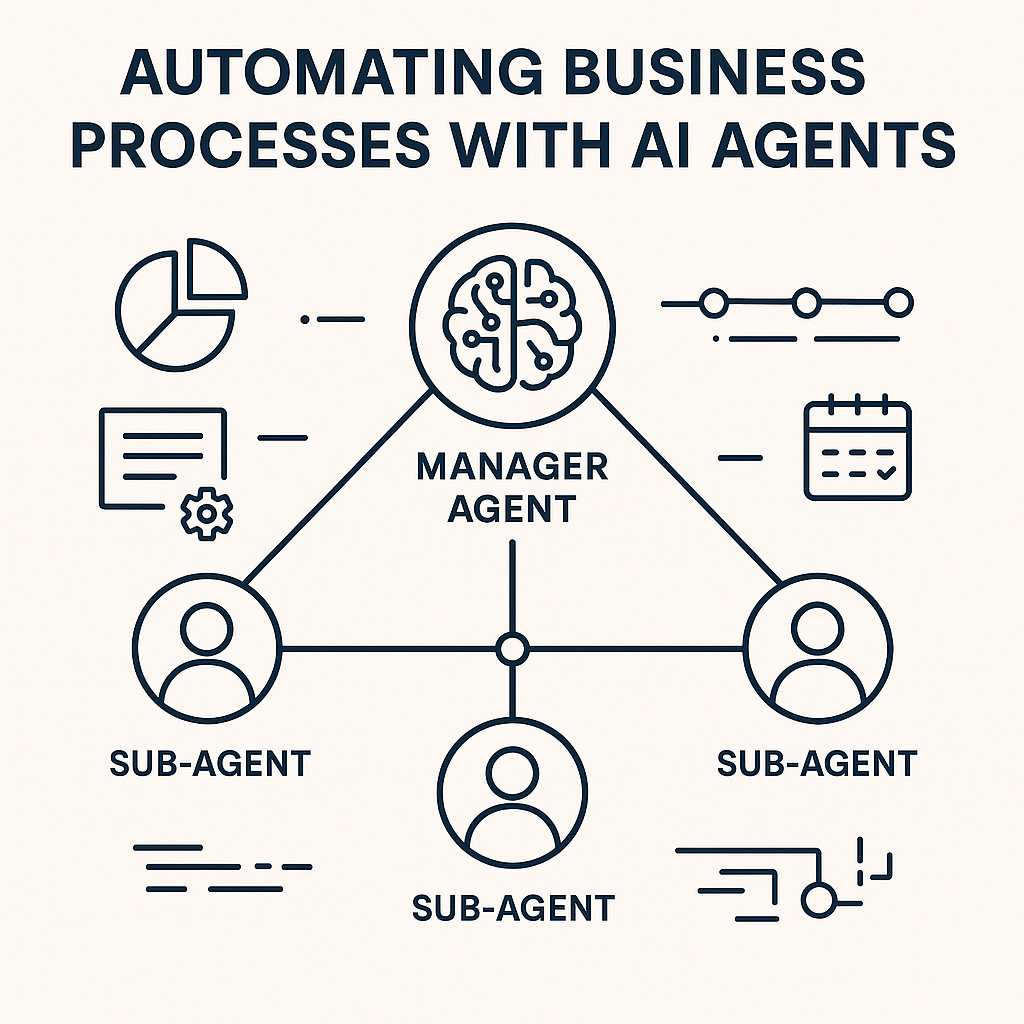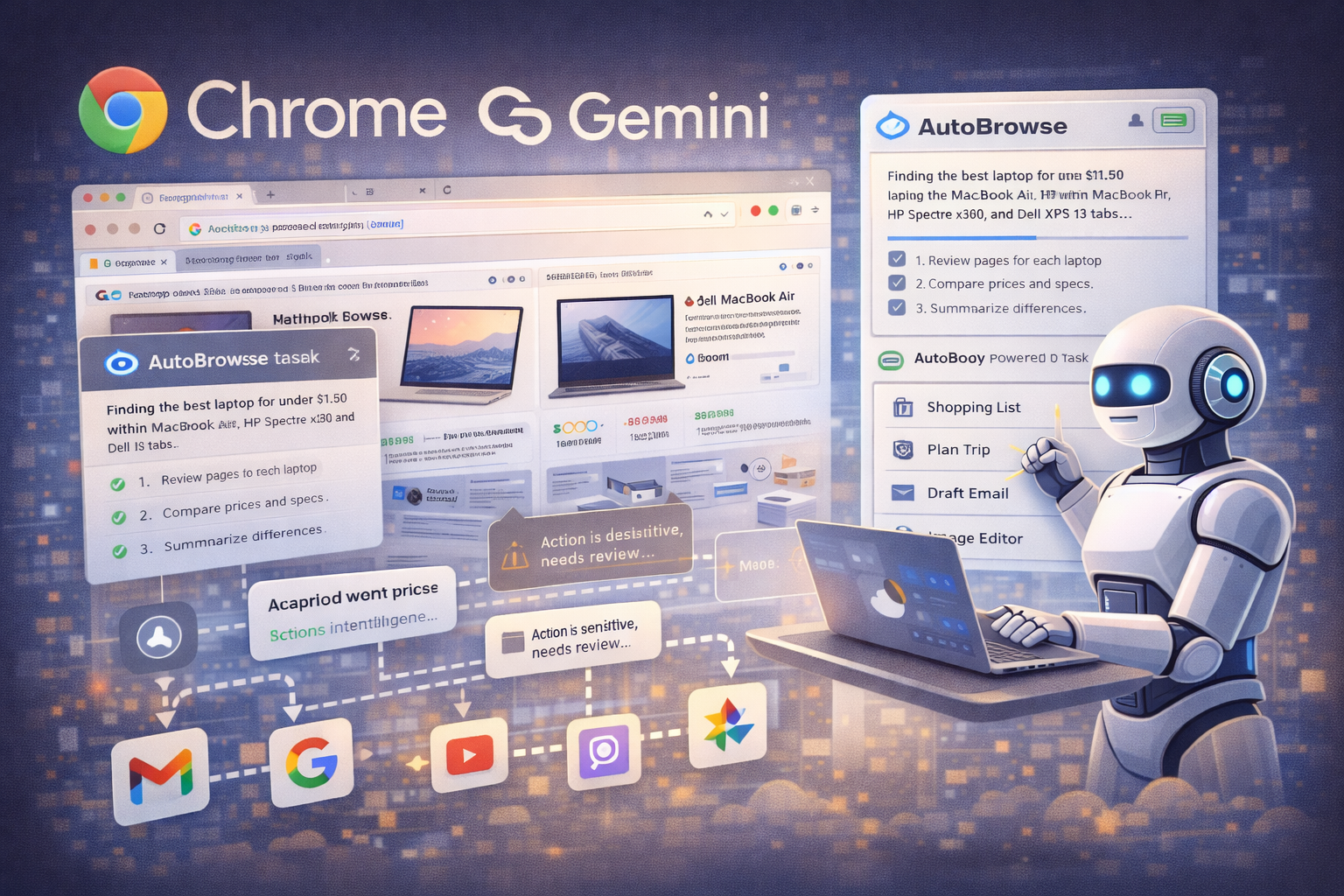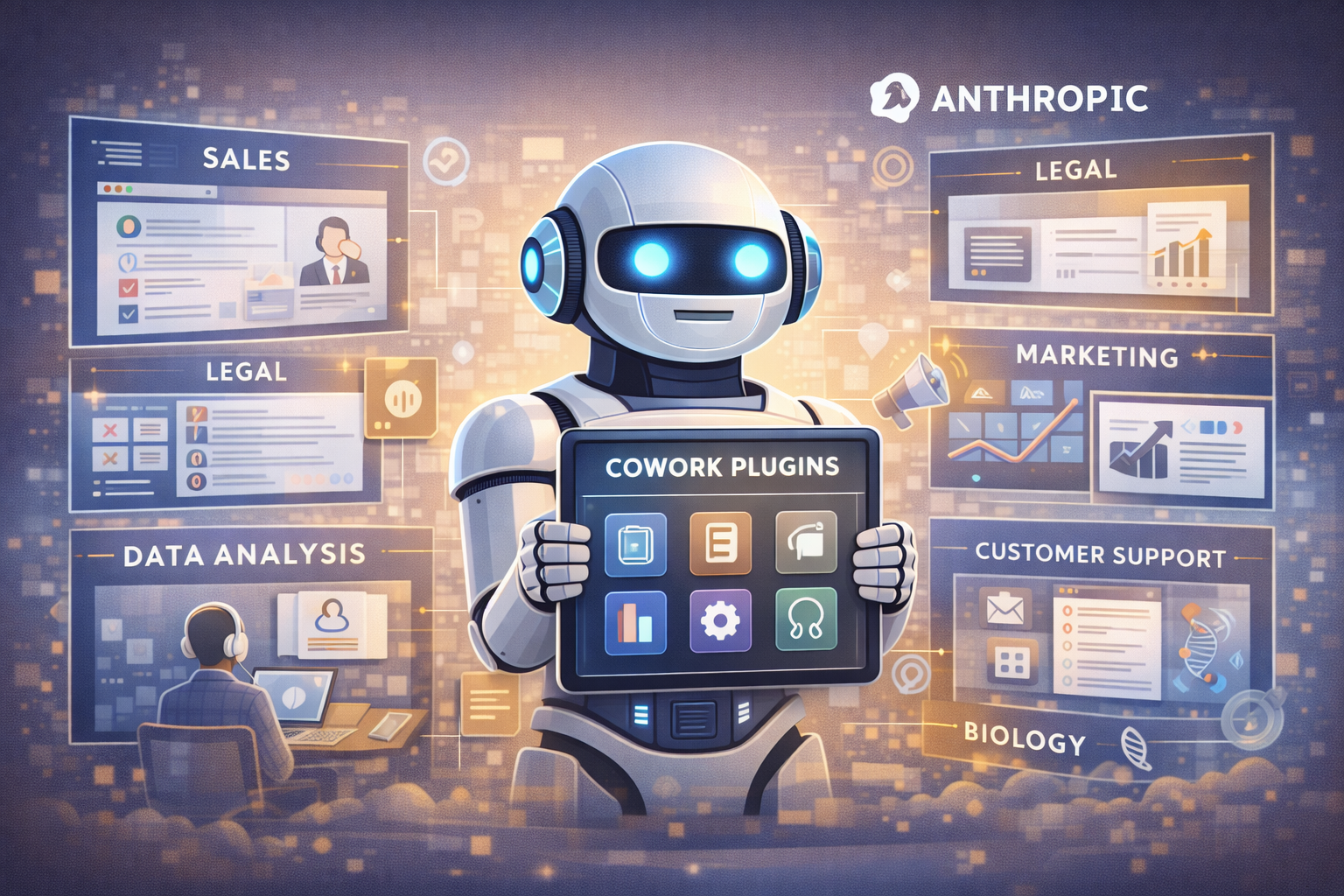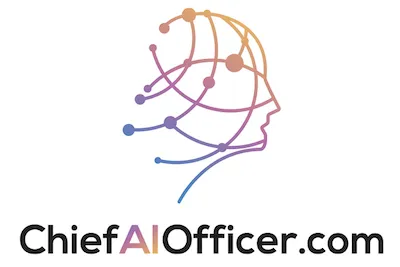What Are AI Agents and Why Should You Care?
AI agents are not just simple automations. They’re intelligent systems that can make dynamic decisions and use various tools without following a pre-planned workflow. Unlike basic automations, agents can: learn from their interactions and adapt their strategies over time, leading to improved efficiency and effectiveness. This capability enables businesses to respond to changes in real-time, ultimately enhancing customer satisfaction. Furthermore, the integration of ai agents in business automation allows organizations to streamline processes and reduce human error, driving greater productivity and innovation.
-
Reflect on what they’re doing
-
Store and use memory
-
Orient themselves toward specific goals
-
Use tools intelligently
-
Change direction based on new information
As Jake explains, “The main difference is being able to dynamically make decisions and call different tools without having a planned out workflow.”
The Reality Behind AI Agent Hype
Many people think they can simply buy a ready-made AI agent that will run their entire business for $20 a month. That’s not realistic! Jake busts this myth: In reality, implementing AI in a meaningful way requires careful planning and significant investment. While many platforms offer basic automation tools, true ai agents transforming business operations involve complex algorithms and constant fine-tuning that go far beyond a simple monthly fee. It’s essential to understand that successful integration of AI is a strategic endeavor, not a one-size-fits-all solution. Moreover, companies looking to leverage ai agents for business growth must also invest in training their teams to effectively use and understand these technologies. A successful AI strategy not only enhances operational efficiency but also drives innovation by empowering employees to focus on more strategic tasks. Ultimately, the journey toward effective AI integration requires ongoing commitment and a willingness to adapt as technology evolves.
“A misconception that a lot of people have is that you’re going to have your own specific company needs and how it operates and everything, and you’re just going to go online and buy for $20 a month the business-running agent that’s just going to do everything for you, figure out everything, and grow your business.”
The truth is that effective agents require
-
Custom development for your specific workflows
-
Integration with your existing tools and systems
-
A team of specialized sub-agents managed by a “manager agent”
How Agents Actually Work in Business
Think of AI agents like an organizational chart. You have:
-
A manager agent that coordinates activities and makes high-level decisions
-
Sub-agents (worker agents) that focus on specific tasks
-
Automated workflows that handle routine processes
For example, if you want to check on a sales lead, a manager agent might:
-
Query the CRM agent to find information about the lead
-
Discover the lead is on vacation and returning next week
-
Instruct the email agent to draft a follow-up message
-
Tell the calendar agent to schedule a call upon their return
This happens automatically without human intervention, saving valuable time and ensuring consistent follow-up.
Fix Your Process Before Adding AI
One crucial insight from Jake is that AI can’t fix a broken business process
“We joke about it like, ‘Yes, we have the infinite money printer AI, and we would just love to distribute it to everyone for a very low cost.’ But the reality is, if your sales process has a 5% close rate, automating it won’t suddenly give you a 20% close rate.”
Before implementing AI agents, you need to:
-
Map out your current processes
-
Identify inefficiencies and bottlenecks
-
Optimize the workflow first, then add AI
As Jake puts it, “AI does not close for you, it doesn’t sell for you. If you have a good process, it can help you and eliminate that extra manual work.”
What to Expect from AI Agents in 2025
Jake predicts several developments in the agent space this year:
-
Major software platforms will integrate their own AI agents (like Salesforce’s “Agent Force”)
-
Reasoning models will enable more sophisticated decision-making
-
Coding agents will approach junior developer capabilities
-
Multiple agent systems will become more efficient as models improve
However, don’t expect perfect systems immediately. Jake recommends starting early: “Even if it’s not that useful now, spend like five hours a week just getting to know it and understand it and get better at using it, prompting it. Then when they actually make it better… you’ve been using it for this long, you understand how it works.”
How to Get Started with AI Agents
If you’re interested in implementing agents in your business:
-
Identify high-value, repetitive processes that take significant time
-
Consider the complexity-to-value ratio (complex solutions should deliver high value)
-
Start with simple agent implementations to learn the technology
-
Work with experts who understand both AI and business processes
You can participate in our free AI Authority Challenge to learn more about leveraging AI in your business By joining this challenge, you’ll gain insights into how you can effectively implement generative bi and artificial intelligence to enhance your operations. Our expert-led sessions will cover practical applications and success stories that demonstrate the transformative power of these technologies. Don’t miss this opportunity to elevate your business with cutting-edge AI strategies.
FAQs About AI Agents
Q: Are AI agents going to replace jobs? A: Jake doesn’t believe mass layoffs will happen. Instead, people who can use AI effectively will become more valuable. “I think it’s going to make it more difficult for younger generations (unless you’re very good at AI) to get a job, but people currently in the workforce won’t just get fired.”
Q: What’s the difference between an AI workflow and an agent? A: Workflows follow predetermined paths, while agents can dynamically adjust their approach based on information they gather. Agents can call tools, make decisions, and change direction without human input.
Q: How much do custom AI agents cost? A: Custom solutions require significant development work and are not $20/month products. The investment should be evaluated against the time saved and value generated.
Q: Should I wait until AI agent technology is more mature? A: Jake recommends starting now: “Just start when it comes out… you’re not really going to hurt yourself too much.” Early adopters gain experience that becomes valuable as the technology improves.
Q: Do I need special skills to work with AI agents? A: While basic AI interfaces like ChatGPT are user-friendly, creating effective agents requires deeper understanding of prompting, workflows, and business processes. Most businesses partner with experts rather than building in-house. As organizations begin using AI in the workplace, they often seek training and support to maximize the benefits of these technologies. Adopting AI-driven solutions requires not only technical skills but also a shift in mindset to integrate these tools into existing operations effectively. Collaborating with AI specialists ensures that businesses leverage their potential while aligning with strategic goals.
Ready to Learn More?
Ready to explore how AI agents can transform your business? Visit www.chiefaiofficer.com to learn more about AI leadership and how to incorporate these powerful tools into your organization.




